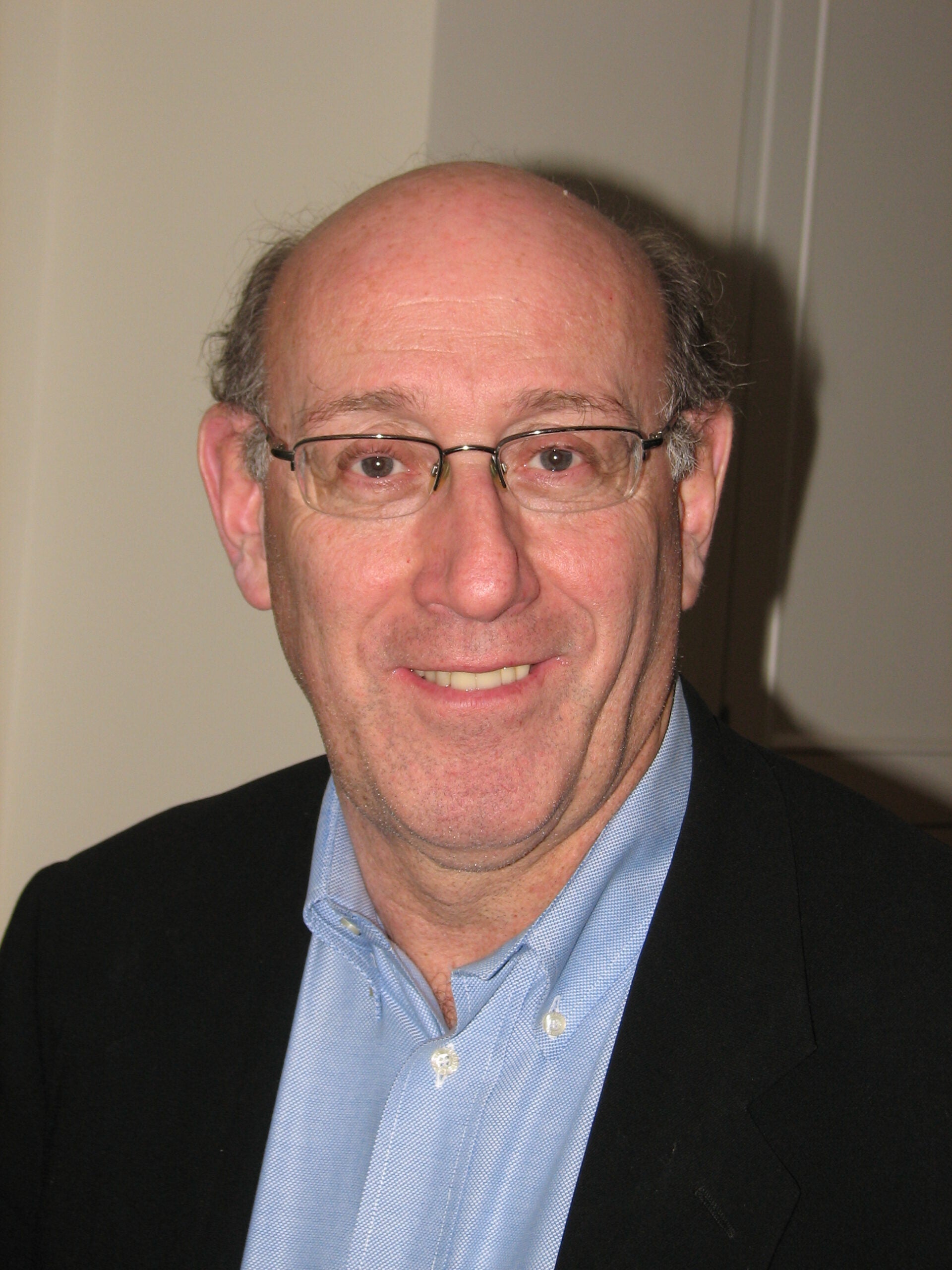
As Special Master of the September 11 Victim Compensation Fund, Kenneth R. Feinberg was responsible for designing an unprecedented program for distributing government funds for death and injury claims related to the 9/11 terrorist attacks. Over what Feinberg has described as “a grueling 33 months,” he distributed more than $7 billion to victims and their families. A former adjunct professor of law at Harvard Law School, Feinberg has been involved in many other high-profile cases including administering the victim compensation funds for the BP oil spill and the 2013 Boston Marathon bombings. In 2006, Feinberg published a book, titled “What Is Life Worth? The Unprecedented Effort to Compensate the Victims of 9/11”, which contains most of the source material for a new Netflix biopic.
Harvard Law Today: As you look back 20 years to your work with the 9/11 Fund, what comes to mind?
Kenneth R. Feinberg: Of course, what comes to mind is the trauma and the tragedy and the emotional challenge of meeting with so many thousands of people so soon after the tragedy, and confronting the various emotional reactions of victims and their families to the horror. That is something that I will never forget. The other interesting aspect of the fund that I find so conspicuously absent today is the degree of nationwide support for the program. There were no red states, blue states, Republicans, Democrats, liberals, conservatives, Tea Party, progressives—this was an apolitical response by the American people as a whole to the tragedy. I look back at those days in terms of the public support for the program, regardless of ideology, and find it extremely uplifting.
I look back at those days in terms of the public support for the program, regardless of ideology, and find it extremely uplifting.
Kenneth R. Feinberg
HLT: Do you think if something like 9/11 happened again that it would unify the country?
Feinberg: I would hope so. I think that the uniqueness of the tragedy and its impact on the American people generated this type of apolitical, bipartisan support. Whether you could get that type of support today for any similar horror, I don’t know. It would be a challenge. But certainly back in 2001, the American people stepped forward as one nation, and that was, as a pragmatic matter, very, very helpful to me. When you’re designing, implementing, and administering a publicly taxpayer-funded program—unprecedented—it certainly reinforces your resolve and your determination to do this by knowing that you’ve got the entire nation, [that] all sections of the country have your back, that you will succeed.
HLT: Why did you decide to work on the fund pro bono?
Feinberg: For 33 months I refused to accept compensation [and] refused any disbursement reimbursement. I felt that this was a patriotic duty requested by the Bush administration and I also felt it would be highly inappropriate for families who lost loved ones to view the fund as a way for Feinberg to be making compensation, blood money. I thought, again as a practical matter, that would be very, very unwise for me to be seeking compensation.
HLT: You’ve done so many similar mediations since. Does the 9/11 Fund have particular emotional impact for you?
Feinberg: Yes. First of all, unlike any other program, in 9/11, I conducted personally almost a thousand individual hearings with victims or their families who voluntarily wanted to come and see me. That was debilitating. It took a toll. Also, the uniqueness of the program, its sudden appearance within weeks of the attacks, the proximity of the fund to a traumatic horror, historical horror, all added to the challenges—and the fact that it was first among equals in terms of other programs.
HLT: How do you feel about the work now?
Feinberg: I’m very satisfied. I’m very proud of what we did. I think that Congress and our elected officials all feel the program worked as intended, very well, so I look upon it with great pride. I also warn officials: Don’t do it again. I think the 9/11 Fund was the right thing to do. It was sound public policy. It was a response to a unique catastrophe in American history. Don’t replicate it! The idea that certain individuals and only certain individuals will get the benefit of public taxpayer money [but] everybody else fend for yourself, hire a lawyer [and have a] judge, jury—the 9/11 Fund, I point with pride with a warning that has been validated since: Don’t do it again.
The fund was unprecedented and unique, and I think it’s better studied in history books rather than viewed as some precedent for future policymakers.
HLT: Do you have thoughts on the withdrawal from Afghanistan taking place as we speak?
Feinberg: No, I’m a public citizen. I watch the news about Afghanistan and the desire of the administration to withdraw. Whether they did it the right way or not, I think that the American people overwhelmingly believe that it was time to withdraw. Afghanistan involves soldiers in harm’s way. The 9/11 Fund didn’t involve soldiers. The 9/11 Fund involved a reaction to citizens victimized, and soldiers, but citizens victimized through no fault of their own, and I think it’s unique.
HLT: Is there anything else you’d like to add?
Feinberg: I think that it is appropriate as always that we pause on 9/11, remember this historical horror rivaled I think in American history only by the American Civil War, Pearl Harbor, and the assassination of President Kennedy. 9/11 is, in that sense, unprecedented, unique. I think the fund was unprecedented and unique, and I think it’s better studied in history books rather than viewed as some precedent for future policymakers. I don’t think it’s a precedent for anything and I think it should be relegated to history with pride and satisfaction.